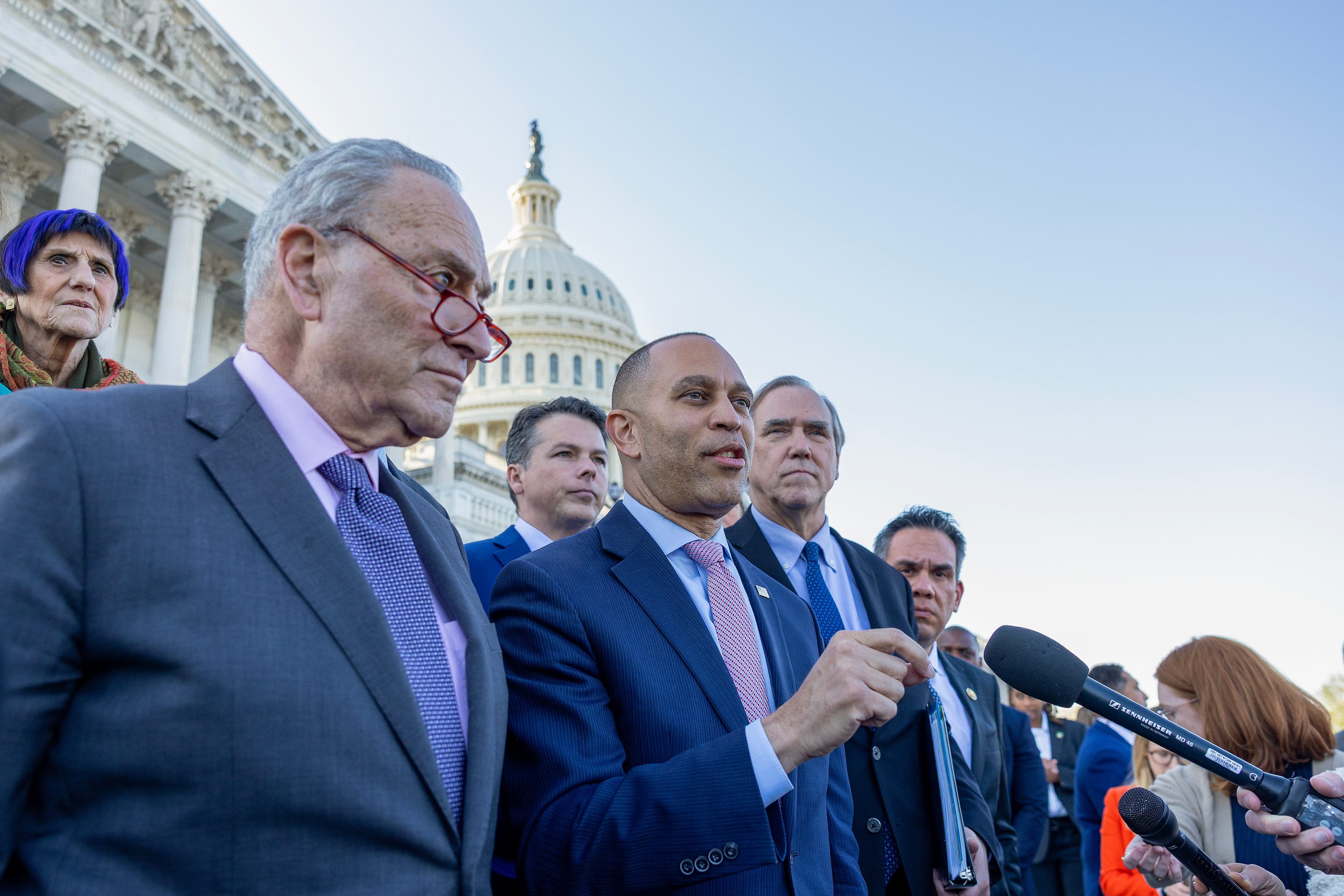Bulwark Contributor Argues Filibuster Empowers Executive Branch Amidst Congressional Gridlock

Political commentator Tim Miller recently highlighted a provocative argument from fellow Bulwark contributor Andrew Egger regarding the U.S. Senate filibuster, sparking renewed debate on the procedural tool's efficacy. Miller, known for his critical political analysis, expressed his surprise on social media, stating, > "Can't believe @EggerDC was the Bulwarker to go woke prog on the filibuster." However, Miller conceded that Egger's "central argument is hard to dispute: what's the case for a Senate procedure that holds the majority in check when Congress just lets the admin do everything by fiat?"
Andrew Egger's argument, detailed in his article "Trump Is Right: The Filibuster Should Die" for The Bulwark, posits that the filibuster, despite its intended purpose, inadvertently strengthens the executive branch. He contends that the legislative gridlock it creates prevents Congress from acting, thereby allowing presidents to govern through executive orders and other unilateral actions. Egger, a self-described conservative, noted that the federal government's policy regime is not "judiciously in check by minority-respecting Senate procedures," but rather Congress sits "gridlocked and the president runs the country by fiat."
The Senate filibuster, which typically requires 60 votes to advance most legislation, has long been a point of contention in American politics. Proponents argue it safeguards minority rights and encourages bipartisan compromise, preventing a simple majority from rollreaming opposition. Conversely, critics assert that it obstructs legislative progress, leading to governmental stagnation and a shift of power away from the legislative branch.
Miller's characterization of Egger's position as "woke prog" underscores the evolving political alignments on filibuster reform, an issue historically championed by progressives. Egger's article directly challenges traditional conservative defenses of the filibuster, suggesting that its current application has rendered legislators "lazy" and enabled executive overreach. This perspective raises fundamental questions about the balance of power and the future of legislative effectiveness in a highly polarized political environment.
The ongoing discussion reflects a broader concern about the separation of powers and the capacity of Congress to fulfill its constitutional duties. As legislative paralysis persists, the debate over the filibuster's role in either preserving democratic norms or hindering effective governance is likely to continue shaping American political discourse. Egger advocates for reevaluating structures that have tipped the balance of power toward the executive, arguing for a world where legislators regain their say.